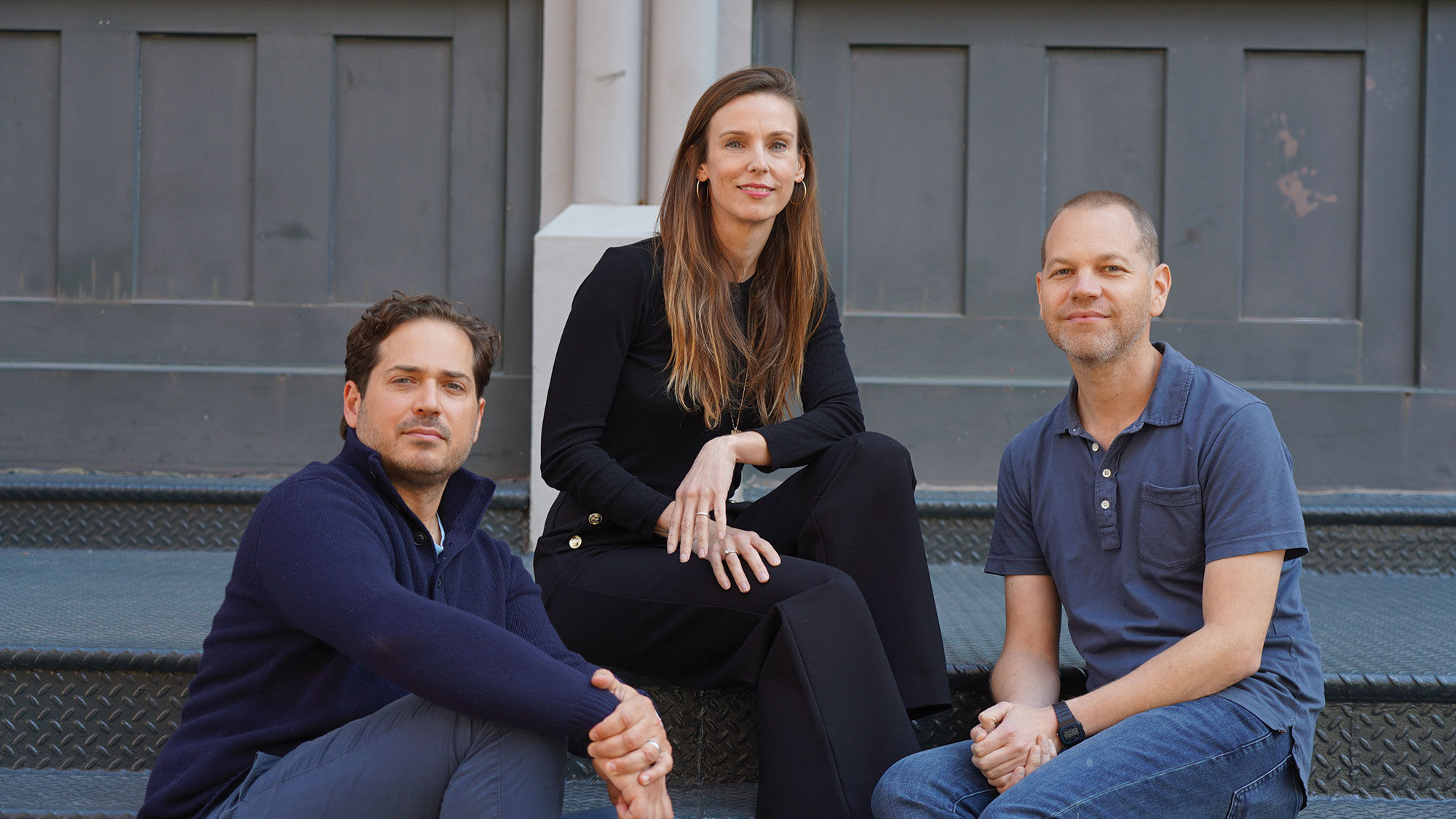A new host agency is betting on the kind of advisors that many in the industry would call hobbyists.
And demand for membership indicates it has found a gap wanting to be filled.
Fora, the year-old, New York-based host agency, is courting part-timers with experience booking personal travel who are looking for either a side hustle or to launch a new career, and it is eliminating what its founders perceive as barriers to enter the industry.
“‘Hobbyist,’ to me, feels a little bit insulting and is exactly the kind of person that we want to open up to,” said Henley Vazquez, one of Fora’s three co-founders. “But of course we need to train them, and of course we need to provide the tools.”
The idea is resonating: Fora, a Virtuoso member, is currently hosting 500 travel advisors with another 30,000 on a waiting list to join. The vast majority, 97%, have never sold travel.
“I think 30,000 is probably just the tip of the iceberg,” said co-founder Evan Frank. “When you think about the raw desire to become a travel agent versus the number of people who are today travel agents, it’s just a massive disconnect.”
Vazquez and Frank, a former investment banker who co-founded Onefinestay and Context Travel, launched Fora with Jake Peters, who has worked with a number of companies combining product and technology over the years.
While Vazquez’s career began at Town and Country Travel magazine, she left with her editor, Melissa Biggs Bradley, who founded Indagare. Vazquez quickly found herself learning to be an advisor on the go at Indagare, and in 2014 she started her own high-end, family-focused agency, Passported.
By 2021, Vazquez realized she wanted to create change in the agency space and make it more inclusive.
“I think this notion of excluding hobbyists, it’s part of the reason why this industry lacks diversity. It’s that we don’t want to let new people in,” Vazquez said. “There’s an attitude like, ‘there’s not enough business to go around,’ and the fact is there’s a lot of travel business and much of it is going to the OTAs. And for suppliers, it’s much better if it goes through the hands of an advisor.”
One of Fora’s goals is to increase the number of travel advisors in the country. And while side hustles are common in general today, Frank said, that’s not the case in the travel industry.
“Why are there 3 million real estate license holders in America, the majority of which are part time, yet only 100,000 travel agents, especially when being a travel agent is something that is much more compatible, in our view, to a side hustle?” he said.
Defining ‘hobbyist’
Robert Joselyn, CEO of Joselyn Consulting Group, said a “hobbyist” does not mean someone is less capable.
“Some people take their hobbies very, very seriously,” he said. “So ‘hobbyist’ doesn’t mean that somebody’s not serious about what they’re doing.”
However, although most independent contractors take their business seriously, others are just looking for discounts for personal travel, he said, which is a problem for the industry at large.
“Some aren’t serious hobbyists, so if they don’t do serious training for these folks, then it gives a bad black eye to the profession of travel advising,” Joselyn said. “So I have mixed reactions. If they do it right, if they make sure that people are appropriately trained and they have quality hobbyists, I think it’s a fine idea.”
Peters, also Fora’s chief product and technology officer, said that Fora offers training on the travel industry, the ins and outs of being an advisor and on destinations. The company also encourages its advisors to collaborate with each other and provide their insights into products and destinations.
“We’re building this robust library of information about the world that advisors can use to understand what it’s actually like to be at a specific hotel, or what the differences are between two properties that might be right next to each other in a popular destination, and then advise their clients on where to stay depending on their style,” Peters said. “There’s a long way to go in terms of fleshing out the content, but the early foundations are there, and the proof is in the pudding: We’ve enabled hundreds of people to sell travel who haven’t done it before.”
Fora is building most of the technology it offers to advisors in-house, Peters said, and just received $13.5 million in funding it plans to use to further develop its advisor-facing platform and scale it to welcome more agents into the fold.
Right now, Frank said, Fora is onboarding 50 to 100 advisors each month. He projected the host will be able to onboard anyone who wants to join before next summer.
Fora does not currently charge advisors to affiliate with the agency, but a “nominal” fee is planned for the coming months, Frank said. That will help offset some of Fora’s costs as well as ensure the advisors joining are invested.
Peters said the host has no preference as to whether its advisors continue working part time or eventually transition to a full-time career in travel.
While Fora positions itself as a disrupter in the travel agency community, its goal is industry strength.
“There’s often this attitude that disruption means somehow trying to do away with an industry,” Vazquez said. “I think what’s really important here is that we love this industry, and actually what we’re working to do is try to build it up in a bigger way, not take away from what everybody is currently doing.”





